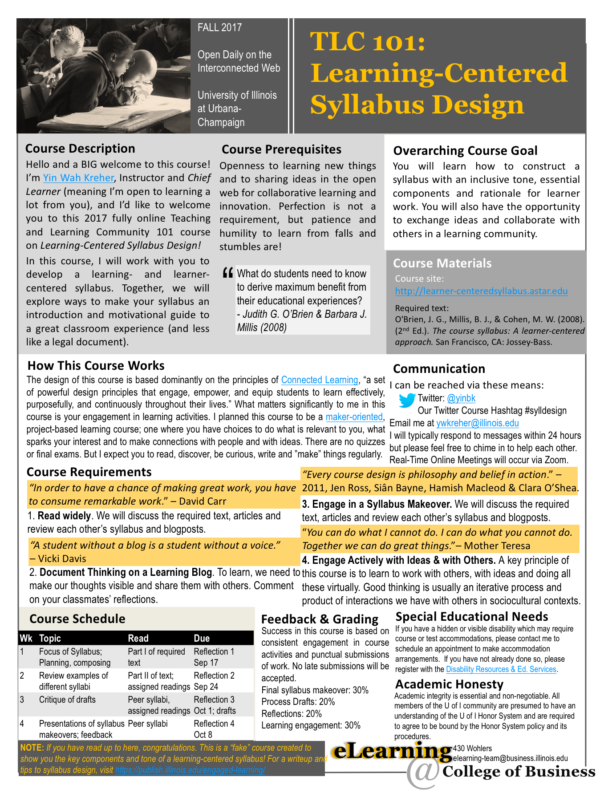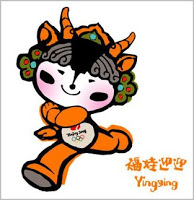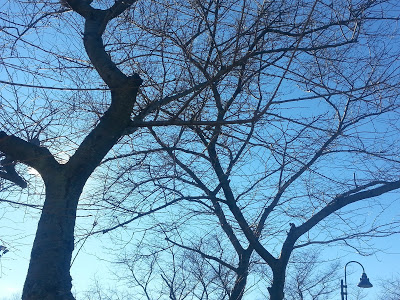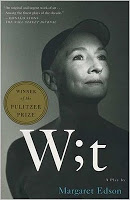In Dying We Live: Thoughts on When Breath Becomes Air
When Breath Becomes Air written by Dr. Paul Kalanithi is a magnificent book. It’s so powerful and deep that it made me want to write about it. As some of you may know, not many things or ideas can move me to blog these days due to my hectic schedule. Thank you, Dr. Kalanithi.
I first came across his book in 2016 when I was at the Kinokuniya Bookstore in Singapore. I started reading the first chapter there and knew that I would buy this book and finish it. It took more than a year and relocation to another continent before this wish was fulfilled.
Kalanithi’s words were evidence of his brilliance in so many ways. He thought deeply about life and its meaning; he studied literature and science and in his words, sought to “better understand the particularities of death” (2016, p. 53). The book revealed the profound thinking of a multi-talented person trapped in a diseased and atrophying body.
Death hit me in the face when both my parents passed away within a month of each other in 2014. I didn’t have time to process my sorrow when I was working in 2014. I left that job a year later in the midst of disorientation and a search for direction and meaning from facing death via my parents’ deaths. Having to pack up what my parents left behind convinced me that life was not about the accumulation of material possessions. My dad died suddenly, with new clothes unworn and many medications unused.
It has been 3 years and the pain of losing them both is just beginning to be a fact that I will get through, not over. Kalanithi’s book helped me to process their death with new eyes.
- “The easiest death wasn’t necessarily the best.” Dad died suddenly at home, and mom died in the hospital from complications of advanced dementia. Either way, I struggled with the guilt of not being around both of them when they died. I hope they had an “easy” dying, if there’s such a thing. After they died, I began thinking about death in my own life. I began to obsess over the fact that I, or anyone, could die anytime, like my dad. How should I live so that I would die with the least pain and suffering? Kalanithi wrote that we need not search for the easiest death. Suffering has its purpose and reveals the strength we have despite our vulnerabilities.
- “We would carry on living instead of dying.” It seemed as if we would all die sooner or later, and maybe unexpectedly, so what was the point of going on after losing both my parents? Initially, I didn’t want to spend money on material things because it was all just vanity. For instance, I used to care about making my home beautiful but I think less about this now and have become more resolute about making my remaining time on earth purposeful.
- Kalanithi saw his terminal illness as the “perfect gift” to understand death. I learned from him to be more thankful for whatever I have been given in this life.
- The arts are no less powerful than science. Kalanithi sought solace in literature to find the vocabulary to articulate his struggles in facing death. I love books and have read avidly since childhood because of my mom. Though uneducated, she brought us regularly to the public libraries and borrowed books for me even when I was ill, not knowing any English herself. I’m forever grateful to my mother for instilling in me the love of reading and literature. In secondary school, I was grouped into a high-ability technical stream and thought I’d be an engineer, but I have many loves, I finally chose to study liberal arts in college. I studied advanced mathematics and yet, also love the humanities. We ought not to see the arts and science as dichotomous disciplines. They are both different languages for us to make sense of the world and we need them both.
- When my work is stripped away from me, what is left of my identity? Kalanithi had these questions when he became a patient with a terminal disease. I’m not defined solely by my work even though it takes up a lot of my time. I’m a multifaceted person and will continue to explore the different talents I have been blessed with. Work is not the only dimension of my life.
- No discipline or systematic investigation of life can fully explain the richness of life. Kalanithi returned to the central values of Christianity because he found them compelling. A few individuals in graduate school had insinuated that I should give up on Christianity, finding it incredulous that I would believe in such “nonsense” when I was so highly educated. I believe that the more educated we are, the more we will come to know that science cannot explain everything.
These are my initial reflections on the book for now. I will add more thoughts as I ponder more about the ideas. Go grab this compelling book and read it!




